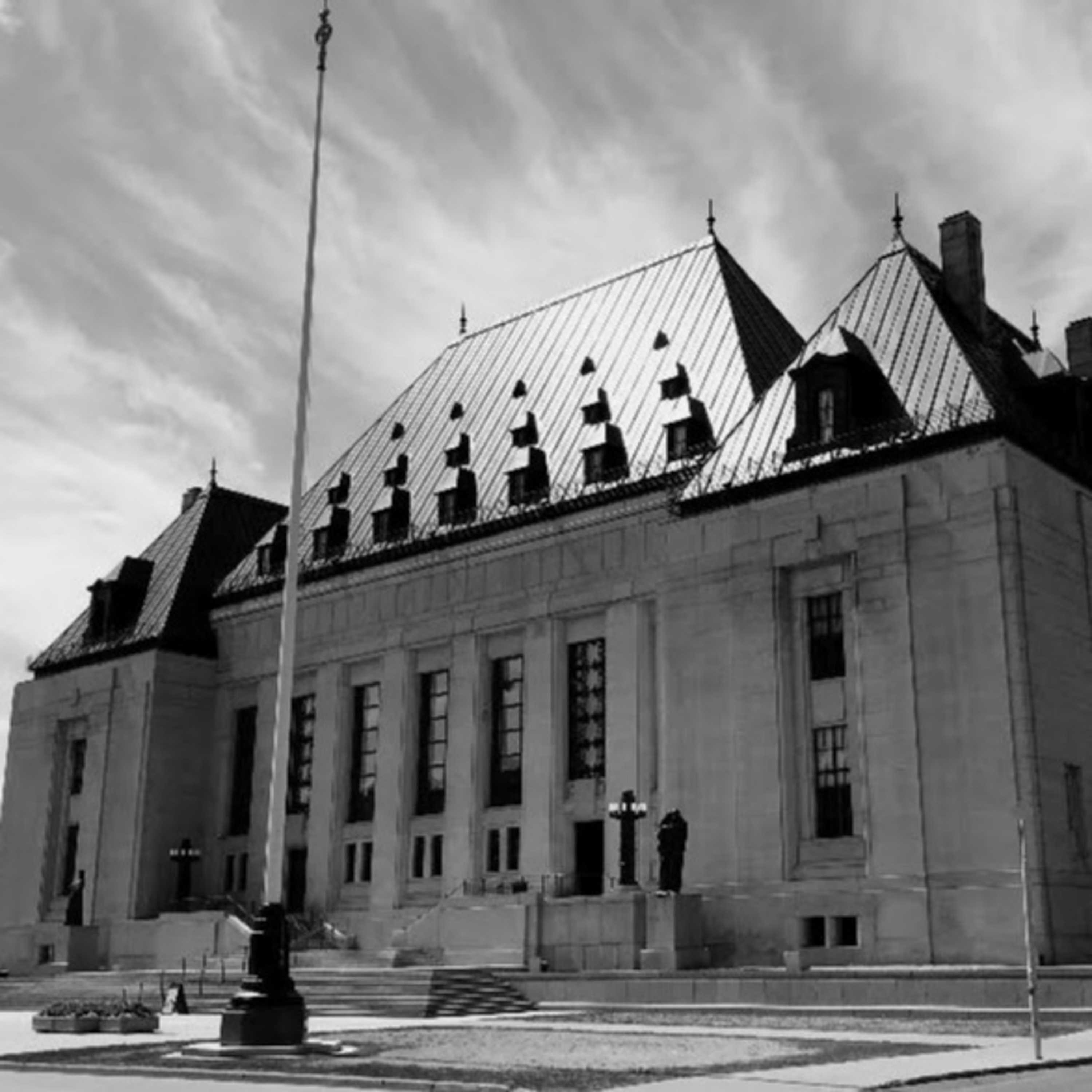P.B. v. His Majesty the King (41422)
The appellant, P.B., was charged with sexual assault for having allegedly sexually assaulted the complainant on three occasions in the course of one night. At trial, the complainant was the only witness called. The appellant argued that the complainant’s testimony was not sufficiently credible or reliable to prove the case against him beyond a reasonable doubt. In particular, he alleged that her evidence was unreliable because she claimed that her memory of the relevant events was based on “flashbacks”. The trial judge accepted the complainant’s evidence and found the appellant guilty. The appellant appealed his conviction on the basis that the trial judge failed to give sufficient reasons for his decision, in that he failed to make concrete factual findings about which parts of the complainant’s evidence he accepted and which he did not, and that the trial judge erred in evaluating the credibility and reliability of the complainant’s evidence, notably her “flashback” memory. The majority of the Court of Appeal for Saskatchewan dismissed the appeal. On the first issue, the majority found that the trial judge’s reasons were sufficient. Having read the trial judge’s reasons in a functional and contextual manner, the majority concluded that there is no difficulty discerning what the trial judge decided, from a factual standpoint, and why. The majority found the reasons also contained enough detail to permit appellate review for error. As for the second issue, the majority found that the trial judge’s conclusion on the credibility and reliability of the complainant’s evidence is one that a reasonable view of the evidence supports. As such, the majority concluded that there was no proper basis to interfere. In dissent, Barrington-Foote J.A. would have allowed the appeal, set aside the conviction, and ordered a new trial. He concluded that the trial reasons are insufficient to permit effective appellate review and that the trial judge’s analysis on the reliability issues arising from the evidence was very brief and was not enough in the circumstances of this case.
Argued Date
2025-03-21
Keywords
Criminal law — Evidence — Assessment — Credibility — Sufficiency of reasons — Whether the trial judge erred by failing to provide sufficient reasons — Whether the trial judge erred by failing to identify and apply the correct approach to the analysis of the reliability of evidence of recovered memories based on flashbacks.
Notes
(Saskatchewan) (Criminal) (As of Right) (Publication ban in case)
Language
English Audio
Disclaimers
This podcast is created as a public service to promote public access and awareness of the workings of Canada's highest court. It is not affiliated with or endorsed by the Court. The original version of this hearing may be found on the Supreme Court of Canada's website. The above case summary was prepared by the Office of the Registrar of the Supreme Court of Canada (Law Branch).
